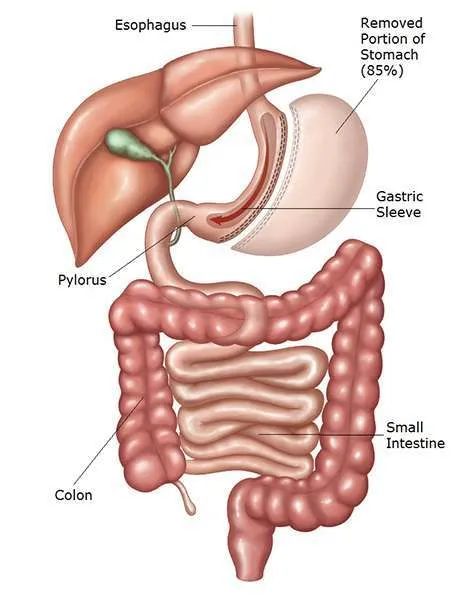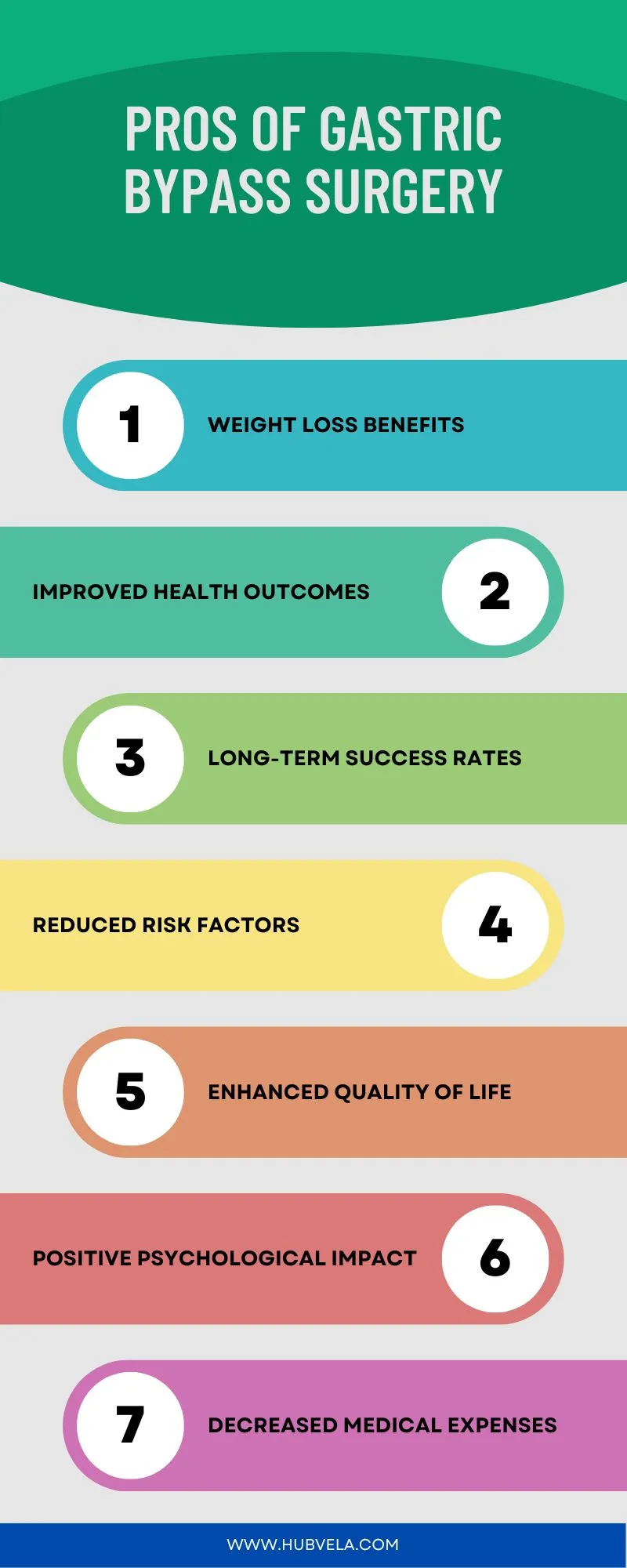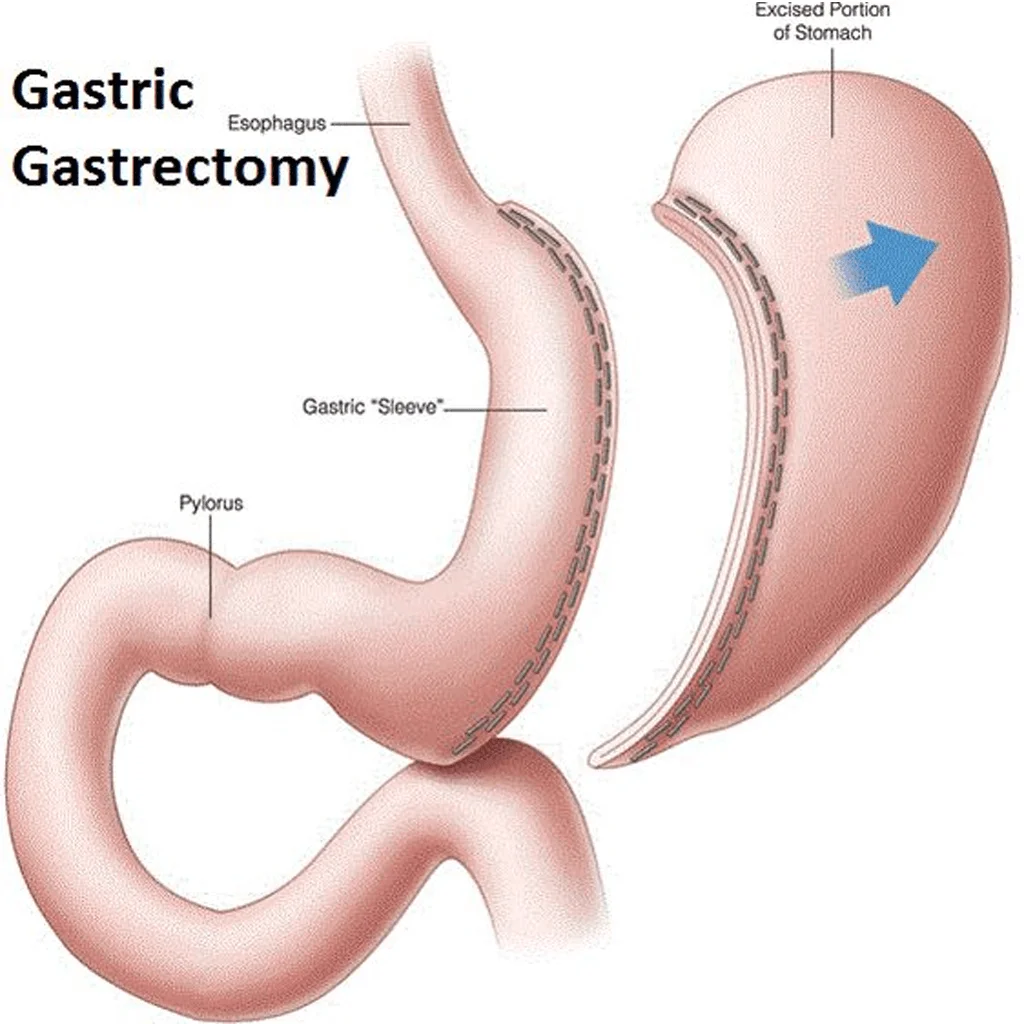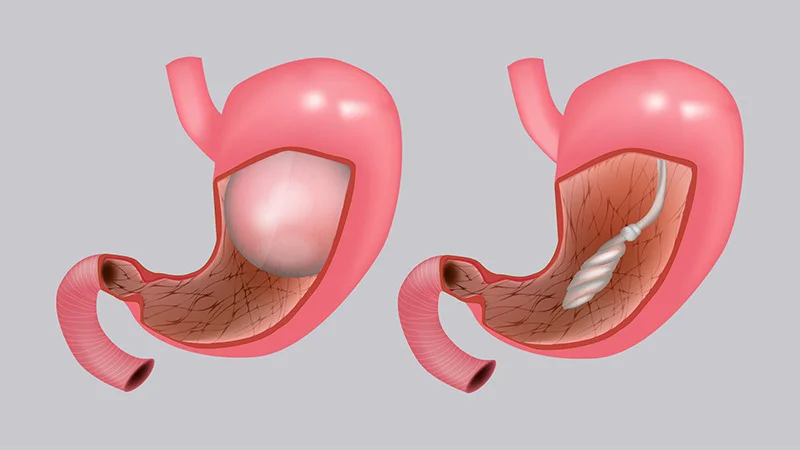5 Ways Sleeve Gastrectomy Can Alleviate Obesity-Related Conditions:
Sleeve gastrectomy, commonly referred to as gastric sleeve surgery, is increasingly recognized as an effective solution for individuals struggling with obesity. This surgical procedure not only facilitates significant weight loss but also addresses a variety of obesity-related health issues. In this comprehensive guide, we will explore how sleeve gastrectomy works, its benefits for various health conditions, and the long-term advantages for patients.
Understanding Sleeve Gastrectomy
What is Sleeve Gastrectomy?
5 Ways Sleeve Gastrectomy Can Alleviate Obesity-Related Conditions:
Sleeve gastrectomy is a type of bariatric surgery that involves removing a substantial portion of the stomach, resulting in a sleeve-shaped structure. This procedure reduces the stomach’s capacity, limiting food intake and promoting weight loss. Additionally, it alters hormone production, which can assist with appetite control and improve related health conditions.
How the Procedure Works
The Surgical Process
- Preparation: Before surgery, patients undergo comprehensive assessments, including blood tests and imaging studies to determine their suitability for the procedure.
- Anesthesia: The operation is performed under general anesthesia.
- Surgical Approach: Sleeve gastrectomy is typically done laparoscopically, utilizing small incisions in the abdomen, which allows the surgeon to use a camera and specialized instruments.
- Stomach Removal: Approximately 75-80% of the stomach is removed, leaving a narrow sleeve that can hold much less food than before.
- Hormonal Changes: This surgical alteration affects the production of hormones like ghrelin, which regulates hunger, leading to a decreased appetite.
Recovery and Aftercare
5 Ways Sleeve Gastrectomy Can Alleviate Obesity-Related Conditions:
Post-surgery, patients usually spend one to two days in the hospital, followed by several weeks of recovery. The initial diet consists of liquids, gradually progressing to pureed and solid foods.
How Sleeve Gastrectomy Impacts Obesity-Related Conditions
Type 2 Diabetes
One of the most notable benefits of sleeve gastrectomy is its positive effect on type 2 diabetes.
Mechanism of Improvement
- Weight Loss: As patients lose weight, their insulin sensitivity improves, aiding in better blood sugar regulation.
- Hormonal Changes: The surgery alters hormonal balance, enhancing glucose metabolism.
Success Rates
5 Ways Sleeve Gastrectomy Can Alleviate Obesity-Related Conditions:
Research indicates that many patients experience remission from type 2 diabetes following sleeve gastrectomy, often reducing or eliminating the need for diabetes medications.
Hypertension (High Blood Pressure)
Obesity is a leading risk factor for hypertension, and sleeve gastrectomy can lead to substantial improvements.
Benefits of Weight Loss
- Reduced Blood Pressure: Weight loss decreases strain on the heart and blood vessels, often resulting in lower blood pressure.
- Medication Reduction: Many patients find they can lower or discontinue blood pressure medications after surgery.
Sleep Apnea
Obstructive sleep apnea (OSA) is common among individuals with obesity. Sleeve gastrectomy can effectively reduce or resolve this condition.
Impact on Sleep Apnea
- Weight Loss: As patients shed pounds, fat deposits around the neck diminish, helping to keep airways open during sleep.
- Improved Sleep Quality: Many patients report enhanced sleep and reduced daytime fatigue following the procedure.
Heart Disease
Obesity significantly increases the risk of heart disease, and sleeve gastrectomy can lead to improved cardiovascular health.
Mechanisms of Improvement
- Lower Cholesterol Levels: Many patients experience reductions in cholesterol and triglyceride levels after surgery.
- Enhanced Heart Function: Weight loss can improve heart function and reduce cardiovascular strain.
Joint Pain and Osteoarthritis
Excess weight places additional stress on joints, leading to pain and conditions like osteoarthritis. Sleeve gastrectomy can help alleviate these issues.
Pain Relief Through Weight Loss
- Reduced Joint Pressure: As patients lose weight, the pressure on weight-bearing joints decreases, leading to less pain and improved mobility.
- Increased Activity: With reduced pain, many patients become more active, further enhancing weight loss and joint health.
Long-Term Success and Maintenance
Importance of Lifestyle Changes
While sleeve gastrectomy can lead to substantial health improvements, maintaining a healthy lifestyle is crucial for long-term success.
Dietary Changes
- Balanced Nutrition: Focus on a diet rich in proteins, fruits, vegetables, and whole grains. Limit high-sugar and high-fat foods.
- Portion Control: Although stomach size is reduced, practicing portion control is vital to avoid overeating.
Physical Activity
- Regular Exercise: Aim for at least 150 minutes of moderate-intensity exercise each week. Activities like walking, swimming, or strength training are beneficial.
- Stay Active: Incorporate physical activity into daily routines, such as taking the stairs instead of the elevator.
Follow-Up Care
Regular follow-up appointments with healthcare providers are essential for monitoring progress and managing potential complications.
- Nutritional Counseling: Many patients find it helpful to work with a dietitian to ensure they meet their nutritional needs.
- Medical Monitoring: Regular check-ups help track weight loss and monitor any obesity-related health conditions.
Conclusion: 5 Ways Sleeve Gastrectomy Can Alleviate Obesity-Related Conditions
Sleeve gastrectomy is a powerful tool in addressing obesity and its related health conditions. By significantly reducing stomach size and altering hormone production, this procedure can lead to dramatic weight loss and improvements in conditions such as type 2 diabetes, hypertension, sleep apnea, heart disease, joint pain, and psychological well-being.
However, it’s essential to recognize that sleeve gastrectomy is not a cure-all. It requires a commitment to lifestyle changes and ongoing support. By embracing these changes, individuals can achieve lasting health benefits and a better quality of life. If you’re considering this surgery, consult with a qualified healthcare provider to discuss your options and create a personalized plan for success. Your journey to improved health can begin today!





